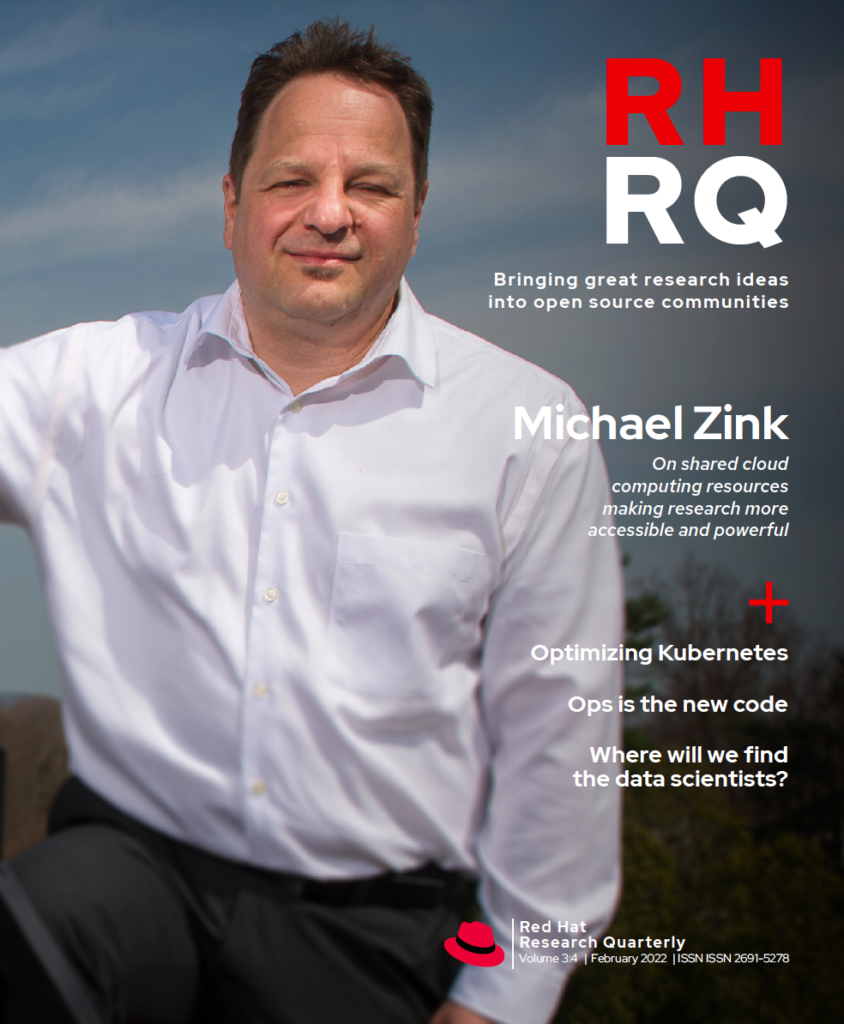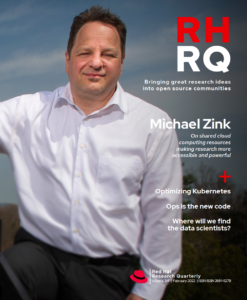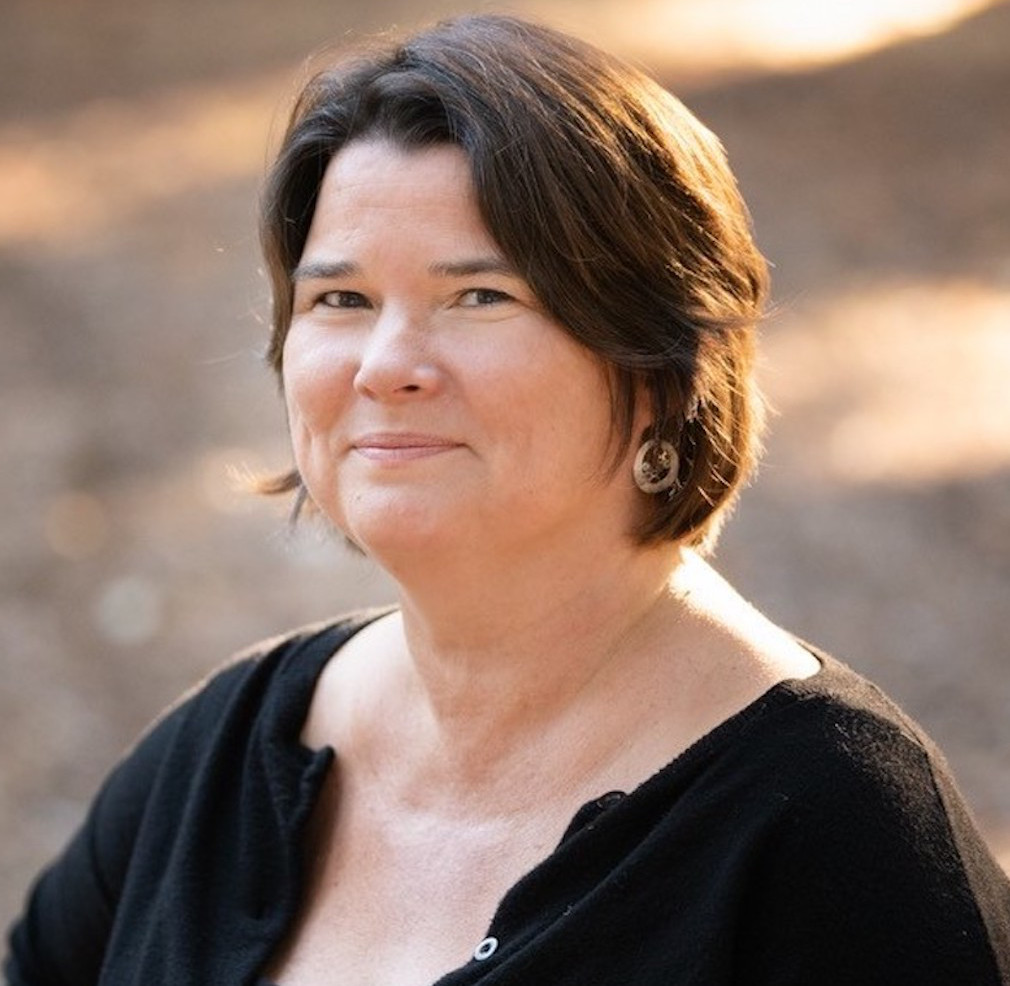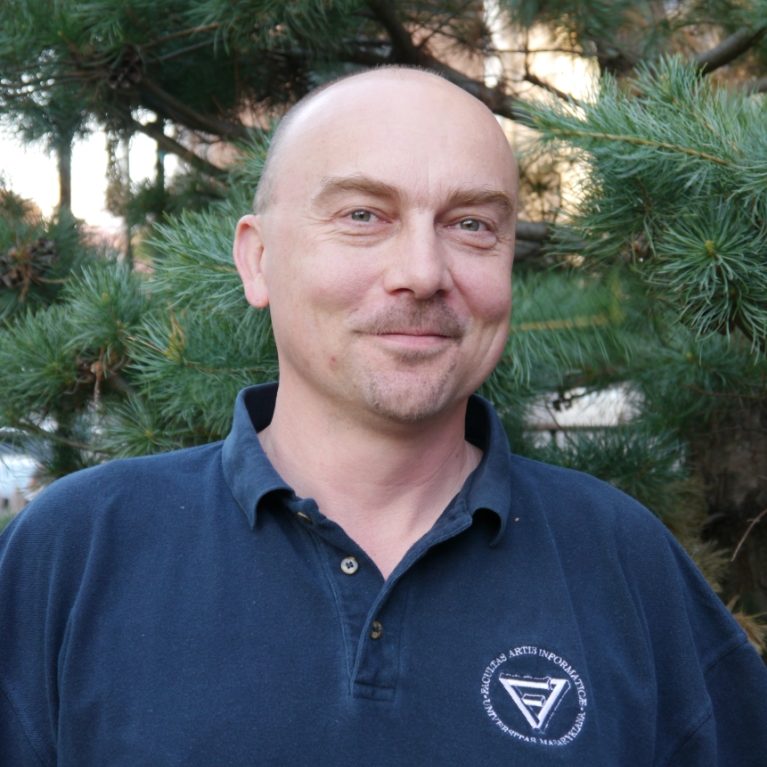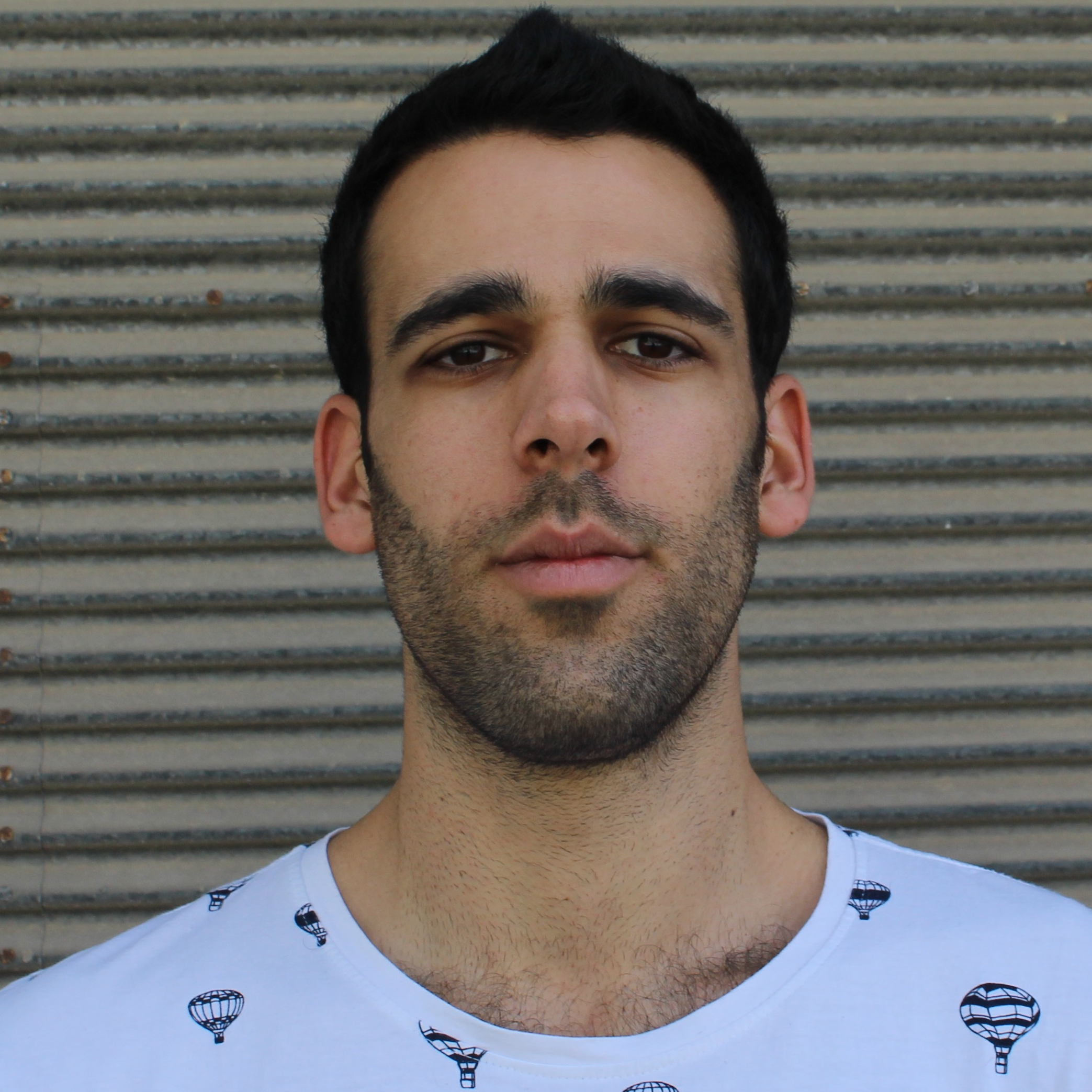Funding recipients will study AI in cloud operations, hardware stack innovations, performance improvements, and more.

The Red Hat Collaboratory at Boston University recently announced the recipients of its first-ever Research Incubation Awards. Reviewers from BU faculty and Red Hat selected sixteen proposals to fund, including one large-scale, multi-year project and another five smaller-scale projects that pair BU faculty and graduate students with Red Hat engineers. If you are interested in exploring collaboration opportunities on these or other research projects, please contact Heidi Picher Dempsey, US Research Director for Red Hat.
Orran Krieger, BU professor of electrical and computer engineering and co-director of the Red Hat Collaboratory, said of the award winners, “I am excited not only about many of the individual projects, but how they can build on each other. Fundamentally, we want to get everyone out of their comfort zone to do things that are only possible because of the collaboration. Researchers tend to work on projects where they can control all the variables, and it is difficult for others to build on the research artifacts developed by graduate students. Engineers are often focused on the next incremental change and rarely have time to use state-of-the-art research. This collaboration not only enables research projects that have an impact but also enables research artifacts that are of high enough quality that other research projects can build on them.”
Faculty members Ayse Coskun, Alan Liu, and Gianluca Stringhini; Red Hat researchers Steven Huels, Marcel Hild, and Daniel Riek; and IBM researcher Fabio Oliviera won the award for a large-scale project and will receive $1 million in funding over two years. Their project, “AI for Cloud Ops,” aims to deliver easily accessible, open source AI technologies for developers and administrators who are solving real-world performance, resilience, and security challenges. The researchers will create new methods for fusing and representing systems data to enable AI-based analytics and will build, apply, and scale AI frameworks to improve performance, management, security, compliance, and resilience problems in the cloud.
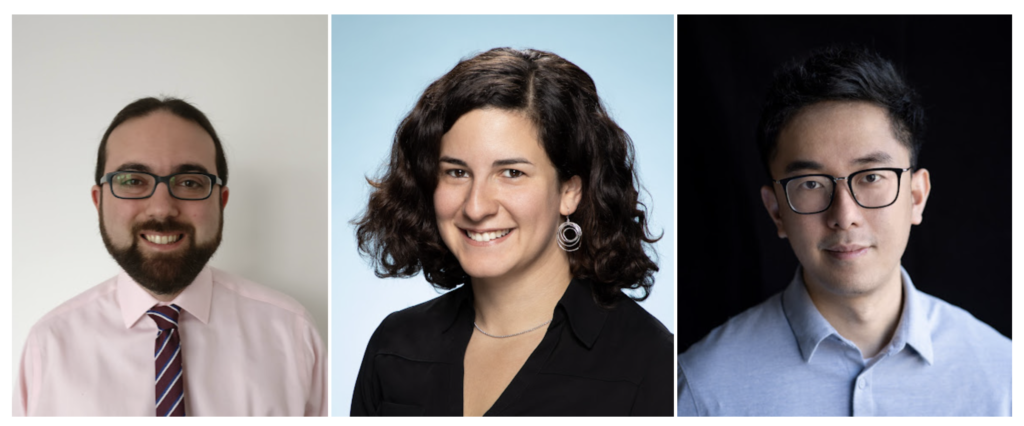
These are the winners for small-scale proposals:
- Faculty members Christos Cassandras, Vasiliki Kalavri, John Liagouris, and Mayank Varia and Red Hat researchers Alexandra Machado, Jim Craig, and Christopher Tate will investigate the link between wellbeing and eco-smart cities in the project “Creating a global open research platform to better understand social sustainability using data from a real-life smart village.”
- Faculty member Martin Herbordt and Red Hat researchers Uli Drepper and Ahmed Sanaullah will create a generic operating system and firmware to standardize software interfaces and increase code compatibility in the project “DISL: A Dynamic Infrastructure Services Layer for reconfigurable hardware.”
- Faculty members Vasiliki Kalavri and Jonathan Appavoo and Red Hat researcher Sanjay Arora aim to prove that energy efficiency and the layers of software in open source stream platforms are not incompatible in the project “Towards high performance and energy efficiency in open source stream processing.”
- Faculty members Manos Athanassoulis and Renato Mancuso and Red Hat researchers Uli Drepper and Ahmed Sanaullah are developing a hardware-software design methodology for data systems that implements near-memory processing in the project “Near-data data transformation.”
- Faculty member Martin Herbordt and Red Hat researchers Uli Drepper and Ahmed Sanaullah are creating an open source tool for reducing application development effort and turnaround time for Field Programmable Gate Arrays (FPGAs) in the project “Practical programming of FPGAs with open source tools.”
Ten awards also went to faculty projects related to speculative, fundamental research or Mass Open Cloud projects designed to initiate a collaboration:
- “Privacy-preserving cloud computing using homomorphic encryption,” Ajay Joshi
- “Symbiotes: A new step in Linux’s evolution,” Jonathan Appavoo
- “Foundations in open source education,” Jonathan Appavoo
- “Foundations in open source education,” John Liagouris
- “Robust data systems tuning,” Manos Athanassoulis and Evimaria Terzi
- “OSMOSIS: Open source multiorganizational collaborative training for societal-scale AI systems,” Eshed Ohn-Bar
- “Serverless streaming graph analytics,” Vasiliki Kalavri
- “Enabling intelligent in-network computing for cloud systems,” Zaoxing Liu
- “Linux computational caching,” Jonathan Appavoo
- “Intelligent data synchronization for hybrid clouds,” David Starobinski
Learn more by visiting Red Hat’s research project pages. Please stay tuned to Red Hat Research for other opportunities to learn about these projects and get involved.


